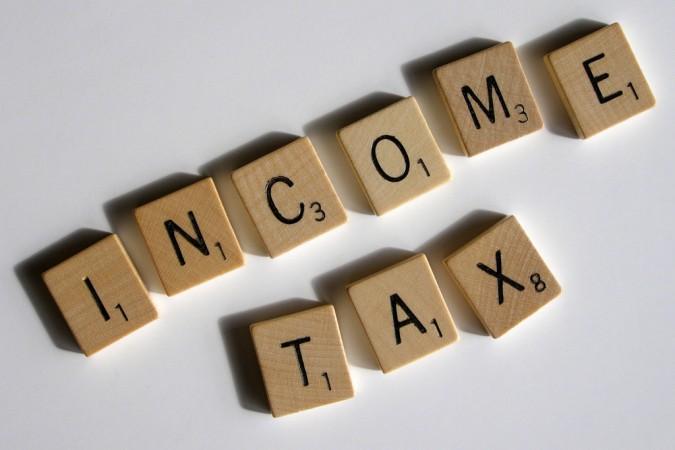
A government constituted Direct Tax Code task force, headed by CBDT member Akilesh Ranjan, is arguing for a new tax regime for individuals. It has proposed dramatic changes to the Income Tax Act, which dates back 58 years.
People earning between Rs 5 lakh and Rs 10 lakh per year may have to pay 10 per cent income tax, if the recommendations of this high-level tax force are accepted.
IANS has learnt that radical changes in personal income tax slabs have been proposed. These include lowering the personal income tax for those earning between Rs 10 to Rs 20 lakh per year to 20 per cent.
Currently, personal income is taxed at 5 per cent for income between Rs 2.5 and Rs 5 lakh, at 20 per cent for income between Rs 5 lakh and Rs 10 lakh, and 30 per cent for an income of over Rs 10 lakh.
Sources close to developments have revealed that the task force has recommended five tax brackets of 5 per cent, 10 per cent, 20 per cent, 30 per cent and 35 per cent, against the prevailing structure of 5 per cent, 20 per cent and 30 per cent.
Those earning an annual income up to Rs 5 lakh, however, will get a rebate on the taxes paid, as was announced in the interim budget of 2019 by interim Finance Minister Piyush Goyal. This effectively means that those with an income of up to Rs 5 lakh will be charged zero tax.
The report was submitted to Finance Minister Nirmala Sitharaman on August 19, but it has not been made public yet. According to sources, the panel has recommended that income tax for those earning above Rs 20 lakh and till Rs 2 crore, continue to remain at the previous rate of 30 per cent.
It has also proposed introducing a new top tax bracket of 35 per cent for the super-rich, that is those earning above Rs 2 crore in a year, and doing away with the surcharge.
The rationalisation in tax slabs has been proposed to boost consumption and revive the economy by putting more money in the pockets of the middle income group.
The panel has also recommended removal of dividend distribution tax and scrapping minimum alternate tax.
Further, it wants the government to avoid levying surcharges.













